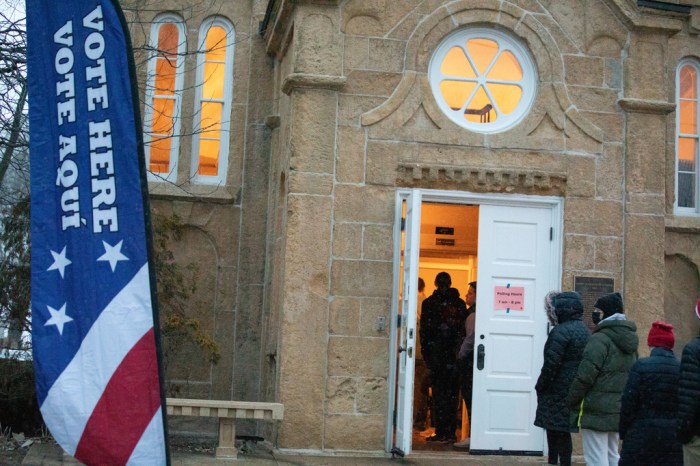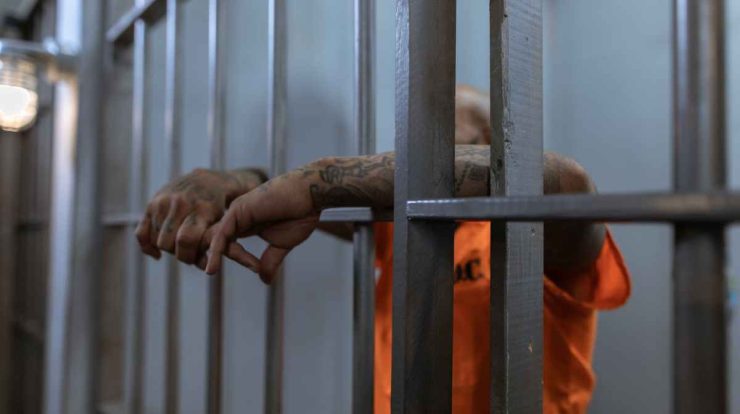Felony cases in Texas are often prosecuted by a variety of legal professionals, including District Attorneys, County and District Court judges, Special Prosecutors, and Federal Prosecutors. Each of these entities plays a vital role in the criminal justice system, ensuring that justice is served and the rights of both the accused and the victims are protected.
This comprehensive overview will delve into the specific responsibilities, duties, and processes involved in the prosecution of felony cases in Texas. By examining the roles of these key players, we gain a deeper understanding of the complexities of the criminal justice system and its commitment to upholding the rule of law.
District Attorneys in Texas

District Attorneys (DAs) play a crucial role in the prosecution of felony cases in Texas. They are elected officials who represent the state in criminal proceedings and are responsible for investigating, charging, and prosecuting individuals accused of committing felonies.
DAs have a wide range of responsibilities, including:
- Investigating crimes and gathering evidence
- Determining whether to charge a suspect with a felony
- Prosecuting felony cases in court
- Negotiating plea agreements
- Recommending sentences to the court
- Enforcing criminal laws and protecting the public
DAs are elected by the voters in their respective counties and serve four-year terms. They must be licensed attorneys in Texas and have at least five years of experience practicing law.
County and District Courts: Felony Cases In Texas Are Often Prosecuted By

Felony cases in Texas are typically heard in either county or district courts. County courts have jurisdiction over misdemeanors and certain felonies, while district courts have jurisdiction over all felonies.
Felony cases are assigned to a specific court based on the severity of the crime and the county in which it was committed. Once a case is assigned to a court, it is typically handled by a single judge who presides over all aspects of the case, from arraignment to sentencing.
The different types of judges who may preside over felony cases include:
- County judges
- District judges
- Magistrate judges
Each type of judge has specific responsibilities and duties, and the role of the judge varies depending on the stage of the case.
Special Prosecutors
In certain circumstances, a special prosecutor may be appointed to handle a felony case. This typically occurs when there is a conflict of interest or when the DA is unable or unwilling to prosecute the case.
Special prosecutors are typically appointed by the governor or the attorney general. They have the same powers and responsibilities as DAs, but they are not subject to the same political pressures.
Some high-profile cases where special prosecutors were utilized include:
- The prosecution of former Texas Governor Rick Perry
- The prosecution of former Harris County District Attorney Chuck Rosenthal
- The prosecution of former Attorney General Ken Paxton
Federal Prosecutors

Federal prosecutors are responsible for prosecuting felony cases that fall under federal jurisdiction. These cases typically involve violations of federal laws, such as drug trafficking, bank robbery, and fraud.
Federal prosecutors are appointed by the President and confirmed by the Senate. They serve four-year terms and are subject to the same ethical rules as DAs.
The different agencies and departments involved in federal felony prosecutions include:
- The United States Attorney’s Office
- The Federal Bureau of Investigation (FBI)
- The Drug Enforcement Administration (DEA)
Prosecutorial Discretion

Prosecutorial discretion is the authority of prosecutors to make decisions about whether to charge a suspect with a crime, which charges to file, and what plea agreements to offer.
Prosecutors consider a variety of factors when exercising their discretion, including:
- The strength of the evidence
- The defendant’s criminal history
- The victim’s wishes
- The impact of the crime on the community
Prosecutorial discretion can have a significant impact on the outcome of felony cases. For example, a prosecutor may decide to offer a plea agreement to a first-time offender who is charged with a non-violent crime. Alternatively, a prosecutor may decide to seek the death penalty for a defendant who is charged with a particularly heinous crime.
Quick FAQs
Who is responsible for prosecuting felony cases in Texas?
District Attorneys are primarily responsible for prosecuting felony cases in Texas.
What is the role of a Special Prosecutor in Texas?
Special Prosecutors are appointed in cases where there is a conflict of interest or other circumstances that prevent the District Attorney from prosecuting the case.
What factors do prosecutors consider when exercising their discretion?
Prosecutors consider a variety of factors when exercising their discretion, including the strength of the evidence, the defendant’s criminal history, and the impact of the crime on the victim and the community.
